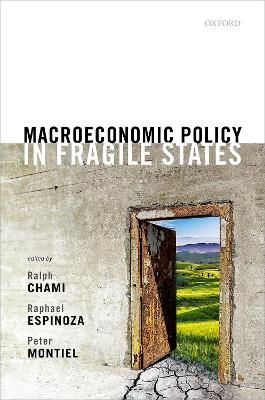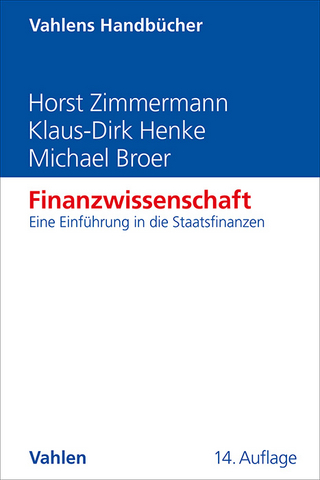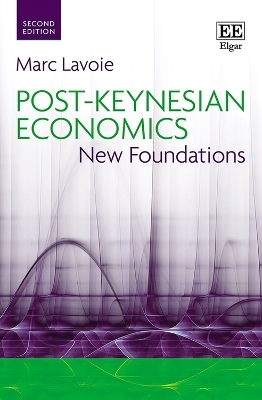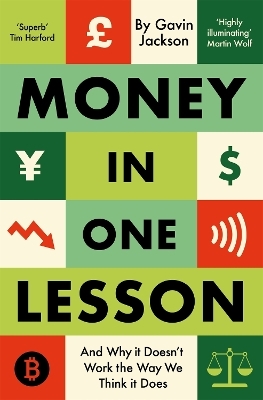
Macroeconomic Policy in Fragile States
Oxford University Press (Verlag)
978-0-19-885309-1 (ISBN)
Setting macroeconomic policy is especially difficult in fragile states. Political legitimacy concerns are heightened, raising issues such as who the policymakers are, what incentives they face, and how the process of policymaking is likely to work under limited legitimacy and high uncertainty both about the macroeconomic environment as well as policy effectiveness. In addition, fragility expands the range of policy objectives in ways that may constrain the attainment of standard macroeconomic objectives. Specifically, in the context of fragility policymakers also need to focus on measures to mitigate fragility itself - i.e., they need to address issues such as regional and ethnic economic disparities, youth unemployment, and food price inflation. Socio-political developments around the world have thus pushed policymakers to broaden their toolkit to improve the effectiveness of macroeconomic management in the face of these constraints.
The chapters in Macroeconomic Policy in Fragile States address these issues, both by giving an analytical context from which policymakers can build to answer the questions they face in fragile situations as well as by providing lessons drawn from empirical analyses and case studies. The first section of the volume discusses the interactions between political economy considerations and macroeconomic policymaking. The second section covers the private sector environment in fragile states. The third section focuses on macroeconomic policy, especially fiscal policy, monetary policy, exchange rate policy, external flows, and aid effectiveness. The last section explains the role of the IMF in fragile states and concludes by presenting case studies from the Middle East and from Sub-Saharan Africa. The contributors to the volume are economists and political scientists from academia as well as policymakers from international organizations and from countries affected by fragility.
Ralph Chami is currently Assistant Director in the Institute for Capacity Development, International Monetary Fund. Most recently, he was Assistant Director and Mission Chief in the Middle East and Central Asia Department (MCD) where he oversaw surveillance and program work on fragile states: Egypt, Libya, Somalia, Sudan, South Sudan, and Yemen. Previously, he was the Chief of the Regional Studies Division in MCD. He is the recipient of the 2014 IMF Operational Excellence Award. Raphael Espinoza is Deputy Division Chief at the IMF, in the Fiscal Affairs Department. He has worked on several crisis cases (Brexit, the euro crisis, IMF SBA programs, etc.) as well as in the IMF Research Department and as Lecturer and Director of the Centre for the Studies of Emerging Economies at UCL. He has written a book on the macroeconomics of the Arab States of the Gulf (OUP, 2013) and papers on international macroeconomics and finance. Peter Montiel is the Farleigh S. Dickinson Jr. '41 Professor of Economics at Williams College. He has also worked at the IMF and at the World Bank, and has served as a consultant for the African Development Bank, the Asian Development Bank, and the Inter-American Development Bank, as well as for several central banks. His research is on macroeconomic issues in developing countries. He has written several books and a number of papers in professional journals.
1: Ralph Chami, Mattia Coppo, Raphael Espinoza, and Peter Montiel: Macroeconomic Policy Issues in Fragile States: A Framework
2: Daron Acemoglu and James A. Robinson: Building Inclusive States: A Simple Framework
3: Paul Collier: Transition Programs: A Theory of the Scaffolding Needed to Build out of Fragility
4: Thomas Risse: Building Governance Capacity in Areas of Limited Statehood
5: Daouda Sembene: The Role of Trust in Rebuilding Countries in Fragile and Conflict Situations
6: Nabila Assaf, Michael Engman, Alexandros Ragoussis, and Sarthak Agrawal: The Private Sector in Fragile Situations
7: Adolfo Barajas, Ralph Chami, and Connel Fullenkamp: The State of Finance in Fragile States
8: Ralph Chami, Thomas F. Cosimano, Raphael Espinoza, and Peter Montiel: The Challenge of Macroeconomic Stabilization in Fragile States
9: Timothy Besley and Hannes Mueller: Fiscal Capacity and State Fragility
10: Gary Milante and Michael Woolcock: Fiscal Policy in Fragile Situations: Flying in Fog with Limited Instrumentation
11: Katherine Baer, Sanjeev Gupta, Mario Mansour, and Sailendra Pattanayak: Building Fiscal Institutions in Fragile States-A Two-Step Approach
12: Warren Coats: Establishing a New Currency and Central Bank in Fragile States
13: Christopher Adam and James Wilson: Monetary and Exchange Rate Policy in Fragile States
14: Ibrahim Elbadawi, Raimundo Soto, and Isaac Z. Martínez: Exports, Exchange Regimes, and Fragility
15: Ralph Chami, Ekkehard Ernst, Connel Fullenkamp, and Anne Oeking: Do Financial Flows Make a Difference in Fragile States?
16: Francesca G. Caselli and Andrea F. Presbitero: Aid Effectiveness in Fragile States
17: Charles Collyns, Kevin Kuruc, and Shinji Takagi: Assessing the Role of the IMF in Fragile States
18: Ermal Hitaj, Chris Lane, Paulomi Mehta, and Rima Turk: Tailoring IMF-Supported Programs to Fragile and Conflict-Affected States' Needs: What Works?
19: Mark Griffiths, with Phil de Imus, Kareem Ismail, Gustavo Ramirez, Robert Tchaidze, and Ramzy Al Amine: Macroeconomic Policy Challenges in Conflict and Post-Conflict Countries: Experience and Lessons from the Middle East
20: Enrique Gelbard, Giorgia Albertin, Lars Engstrom, Jose Gijon, and Clara Mira: Exiting Fragility: The Experience of Five Sub-Saharan African Countries
| Erscheinungsdatum | 29.03.2021 |
|---|---|
| Verlagsort | Oxford |
| Sprache | englisch |
| Maße | 164 x 43 mm |
| Gewicht | 1182 g |
| Themenwelt | Wirtschaft ► Volkswirtschaftslehre ► Finanzwissenschaft |
| Wirtschaft ► Volkswirtschaftslehre ► Makroökonomie | |
| Wirtschaft ► Volkswirtschaftslehre ► Mikroökonomie | |
| ISBN-10 | 0-19-885309-2 / 0198853092 |
| ISBN-13 | 978-0-19-885309-1 / 9780198853091 |
| Zustand | Neuware |
| Haben Sie eine Frage zum Produkt? |
aus dem Bereich


